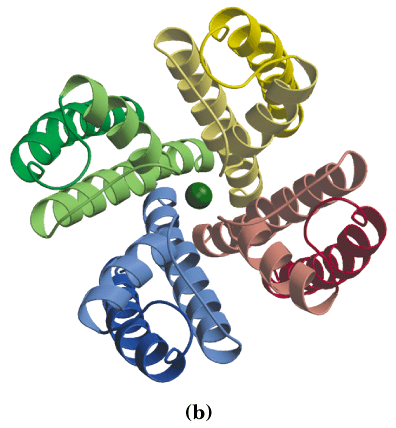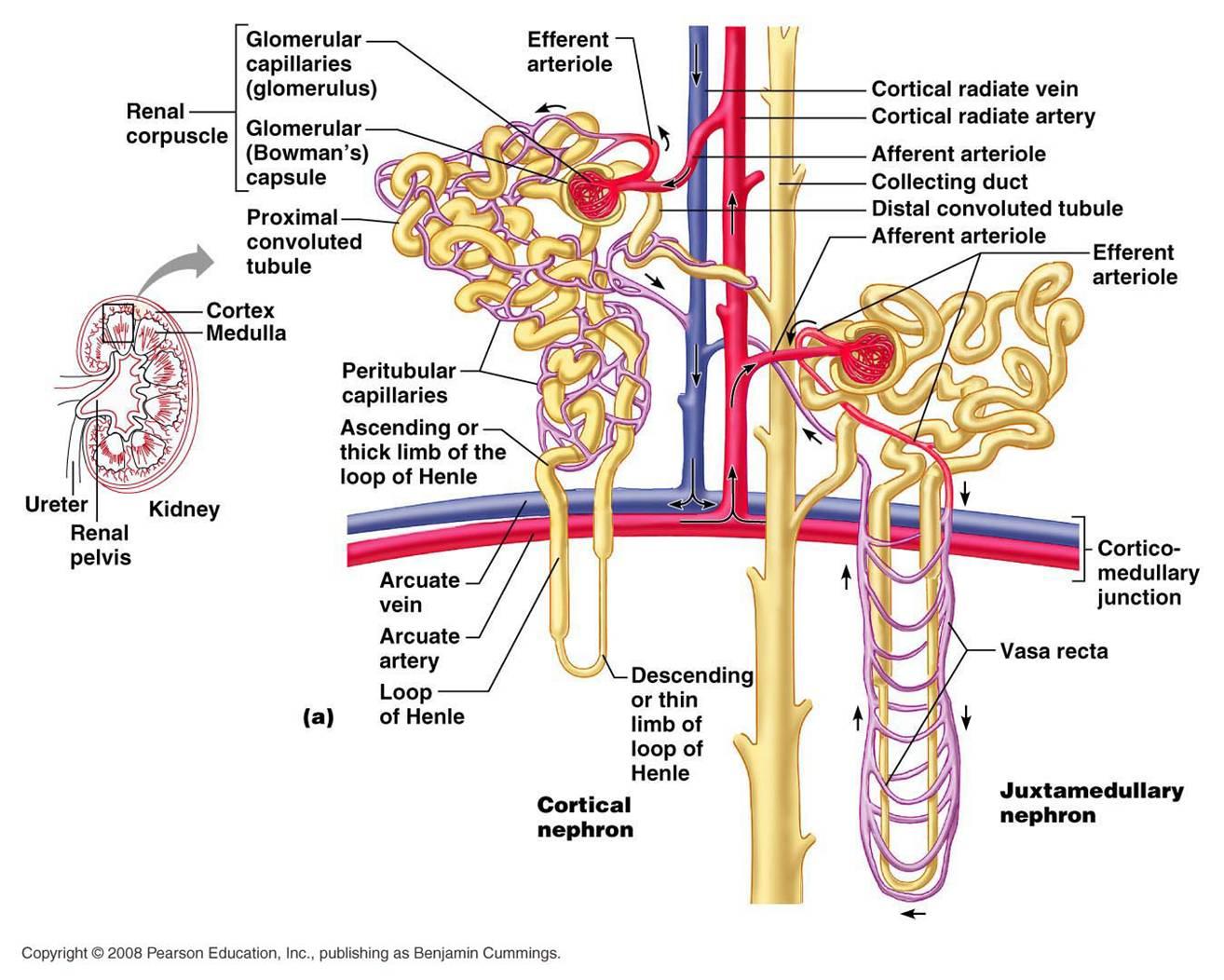4. Composite Subjectivity and the Panpsychic Universe
So let’s circle back to the combination problem for panpsychism, that got me on this topic in the first place. Despite reading and writing a lot about it, I’m still never quite sure what counts as ‘solving’ the combination problem. Often I read papers that say ‘here’s the combination problem’ …







